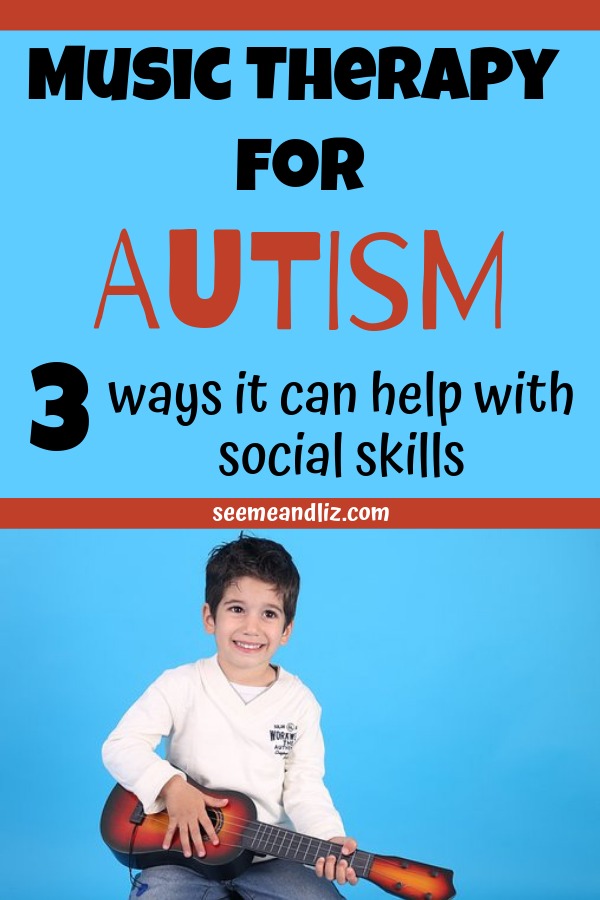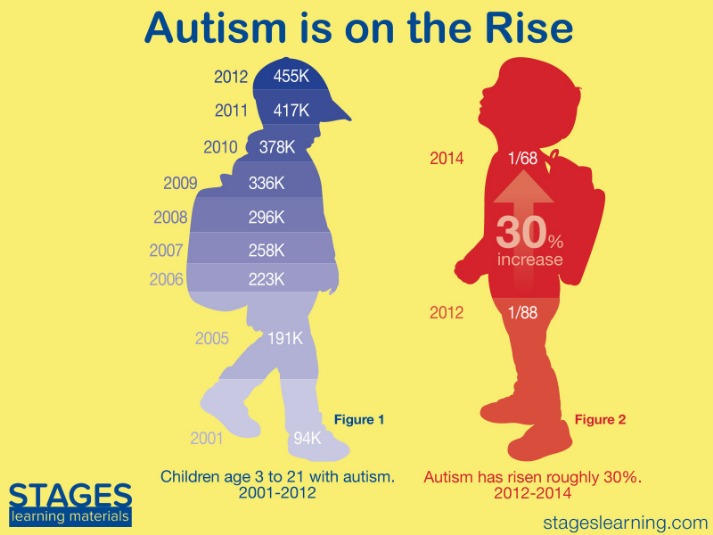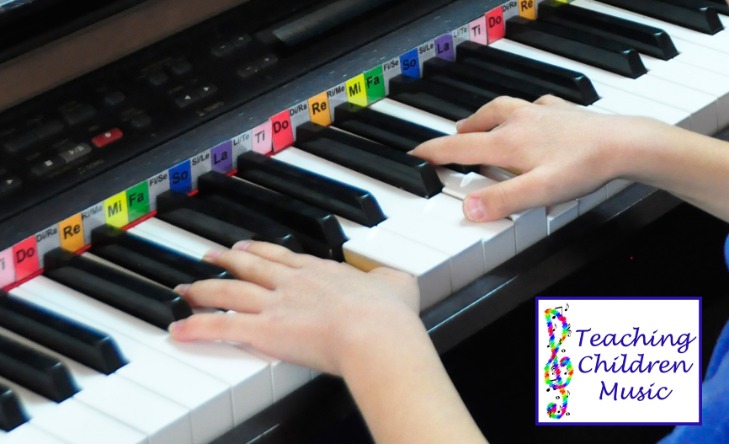Many parents and caregivers are constantly searching for effective ways to support children with autism in their learning and development. Among the various therapeutic options available, one that stands out is piano lessons for autism. This innovative approach not only nurtures musical skills but also offers numerous benefits that can enhance the overall quality of life for individuals on the autism spectrum.
The Transformative Power of Music
Music has long been recognized as a powerful tool for communication and emotional expression. For children with autism, who often face challenges in these areas, piano lessons can serve as an effective medium to bridge the gap. Learning to play the piano engages multiple areas of the brain, fostering both cognitive and motor skills development. This multi-sensory experience can be particularly beneficial for those with autism.
Enhancing Social Interaction
One notable advantage of piano lessons for autism is the opportunity for enhanced social interaction. Working with a piano teacher allows for regular, structured one-on-one interactions, which can help improve social skills. Through these lessons, students learn to take turns, follow instructions, and engage in a cooperative and communicative environment.
Boosting Self-Esteem and Confidence
Read more about Piano lessons for Autism here.
Another important benefit is the boost in self-esteem and confidence. Mastering an instrument and performing in front of others can be incredibly empowering. For children with autism, who may struggle with self-worth, succeeding in piano lessons can provide a much-needed confidence boost. As they achieve their musical goals, these positive experiences can translate into other areas of their lives.
Developing Fine Motor Skills
Fine motor skills are often an area of difficulty for those on the autism spectrum. Piano lessons require precise finger movements and coordination, offering a beneficial exercise for developing these skills. The repetitive practice associated with learning the piano can lead to significant improvements in motor control and dexterity over time.
Choosing the Right Instructor
When considering piano lessons for autism, it is crucial to find an instructor who is experienced in working with children on the spectrum. A teacher with this expertise will have the patience and understanding needed to cater to the unique learning styles and needs of these students. Additionally, they can create a supportive and nurturing environment that encourages growth and development.
Conclusion
Incorporating piano lessons into the lives of children with autism can offer a multitude of benefits, from improving communication and social skills to boosting self-esteem and fine motor abilities. Music has the power to unlock new avenues of expression and growth, making piano lessons for autism a valuable and enriching experience. For families seeking innovative ways to support their children’s development, the transformative power of music may be the key to unlocking their full potential.






